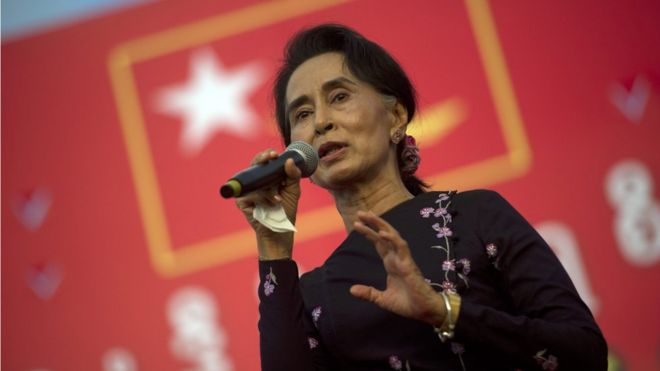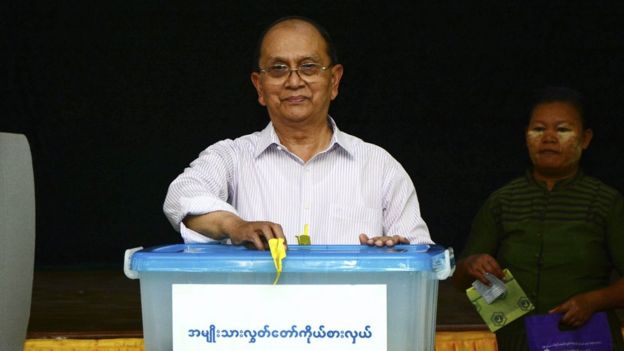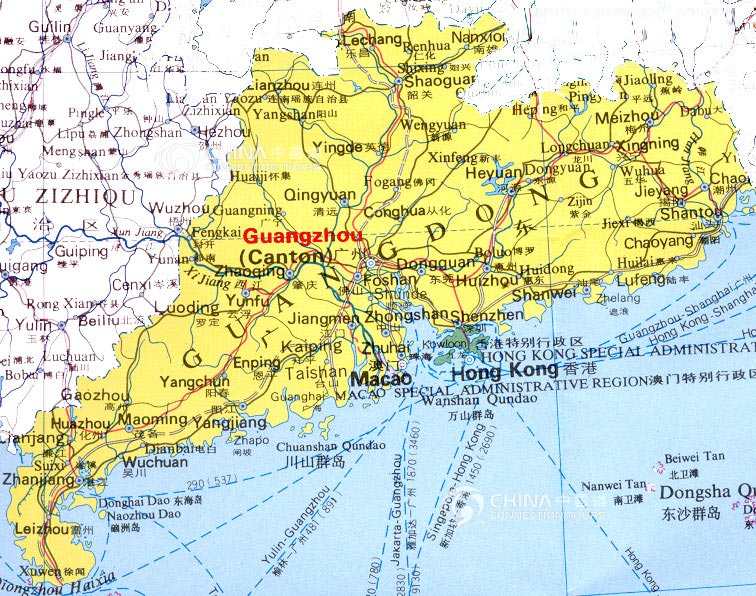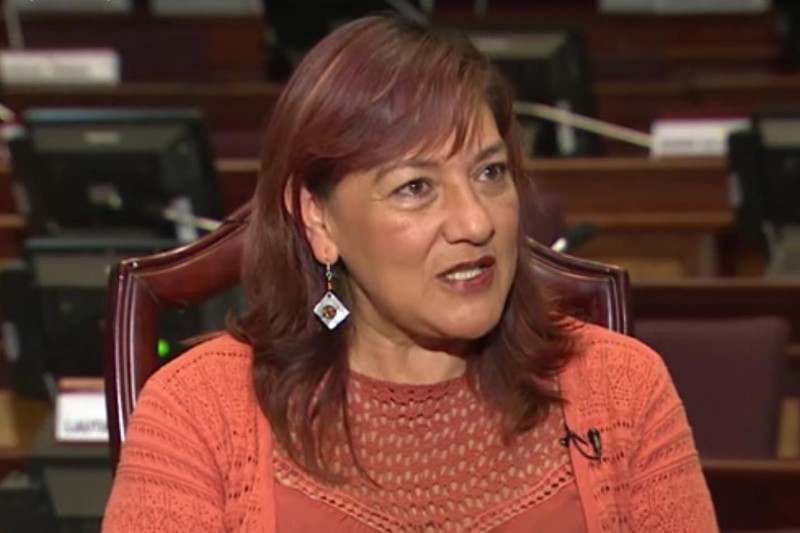By Christine Khamis
Impunity Watch Reporter, Asia
NAYPYIDAW, Myanmar –
Parliamentary election results indicate that military-backed rule in Myanmar will soon come to an end. Myanmar’s election commission made the announcement on Friday that Nobel Peace Prize winner Aung San Suu Kyi’s National League of Democracy Party had won a majority of Myanmar’s parliamentary seats. The elections were the first freely held elections to take place in Myanmar in 25 years, with 80% turnout among 30 million voters.

The results of the election have not been completely counted, but the National League for Democracy (NLD) currently holds over 80% of the parliamentary seats. The ruling military backed party, the Union Solidarity Development Party (USDP), holds around 5% of the seats.
A presidential spokesman has stated that it will take at least another week to count the election results. When the outcome is made official, lawmakers will then begin the process of choosing Myanmar’s next president. Because the NLD has won the majority of the parliamentary seats so far, the party will be able to select the next president, who will then choose a new Cabinet and fill other official posts.
The new parliamentary government will not be official until January of next year. The pre-election parliament will continue to have full legislative power until then. At that point, the new parliament will choose a new speaker, who will go on to select two vice presidents and the president in March.
The current ruling party, led by President Thein Sein, has pledged to honor the results of the election. Ms. Suu Kyi is set to meet with President Sein and army Commander-in-Chief Min Aung Hlaing in Nay Pyi Taw next week to discuss the incoming government.

Even as the government will no longer be military-backed, Myanmar’s electoral system is still skewed in favor of the military. The military will have the power to appoint a quarter of the lawmakers in Myanmar’s parliament and will also continue to control the police and key bureaucratic offices. In addition, the military’s commander in chief is autonomous from the president and the parliament under Myanmar’s current constitution.
Because she has two foreign-born children, Ms. Suu Kyi is unable to become president. There is a military drafted provision in Myanmar’s constitution that prohibits those with foreign family members from becoming the president. Ms. Suu Kyi was reelected to her own parliamentary seat for the Kawhmu constituency in Yangon, but she aspires to fill an office above the position of president and appoint the new president as her proxy. Although Ms. Suu Kyi intends to fill a role above the president, the military will still have the power to veto any proposed alterations to the constitution.
Friday marks the fifth anniversary of Ms. Suu Kyi’s release from house arrest, where she remained for almost two decades. Ms. Suu Kyi was placed under house arrest after her party won Myanmar’s national election in 1990, with the military annulling the results and refusing to hand over power.
President Sein’s government, in place since 2011, has marked a improvement from Myanmar’s international isolation caused by its military rule. Western sanctions have been lessened as President Sein has made efforts to move toward civilian-run government in Myanmar. He has initiated several political reforms by freeing prisoners, making peace deals, and relaxing media censorship.
For more information, please see:
BBC – Myanmnar Election: Suu Kyi’s NLD Wins Landslide Victory – 13 November 2015
CNN – Aung San Suu Kyi’s NLD Wins Historic Majority – 13 November 2015
New York Times – Myanmar Election Panel Says Aung San Suu Kyi’s Party Won Majority – 13 November 2015
NPR – Aung San Suu Kyi’s Party Wins Majority in Myanmar’s Historic Election – 13 November 2015


